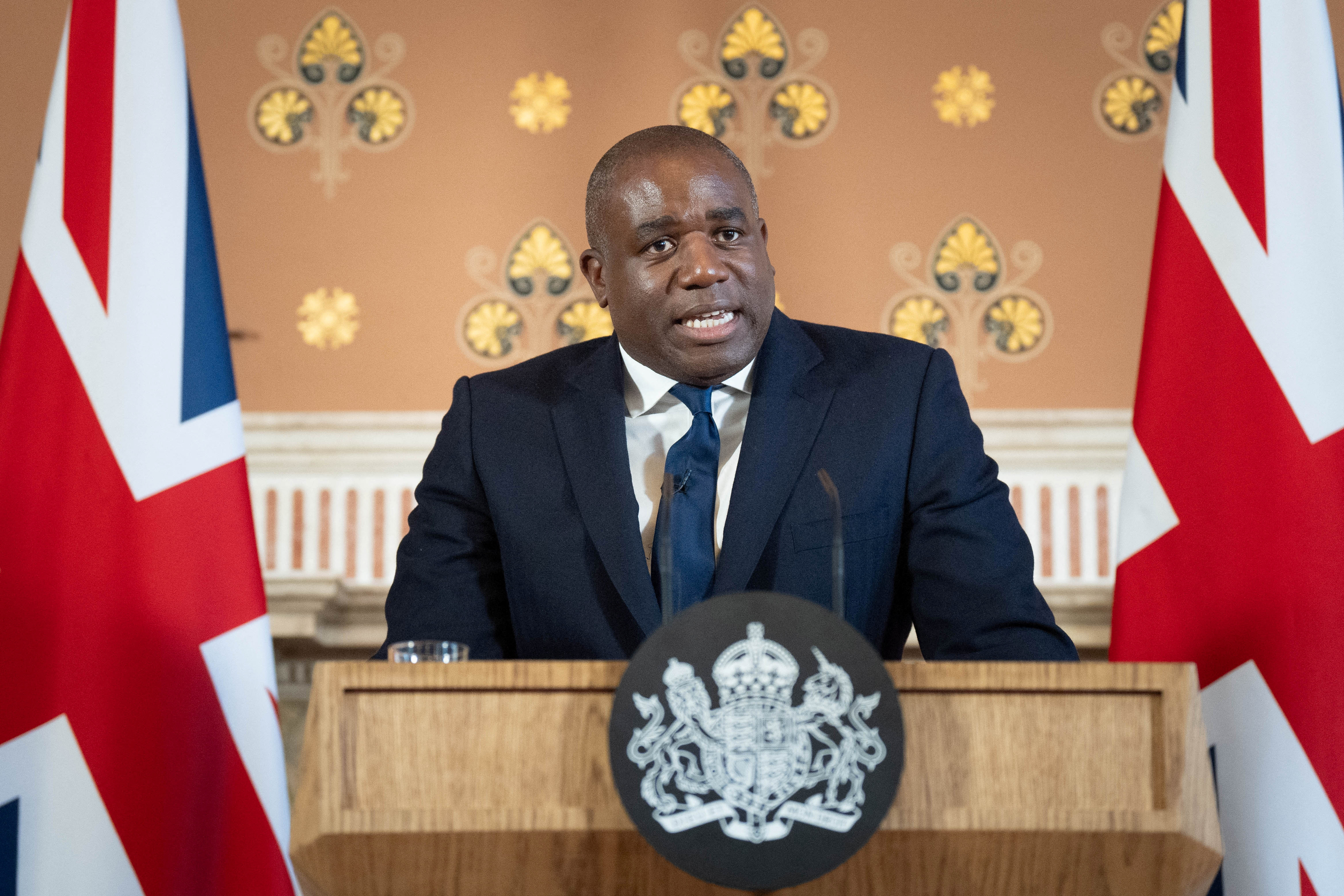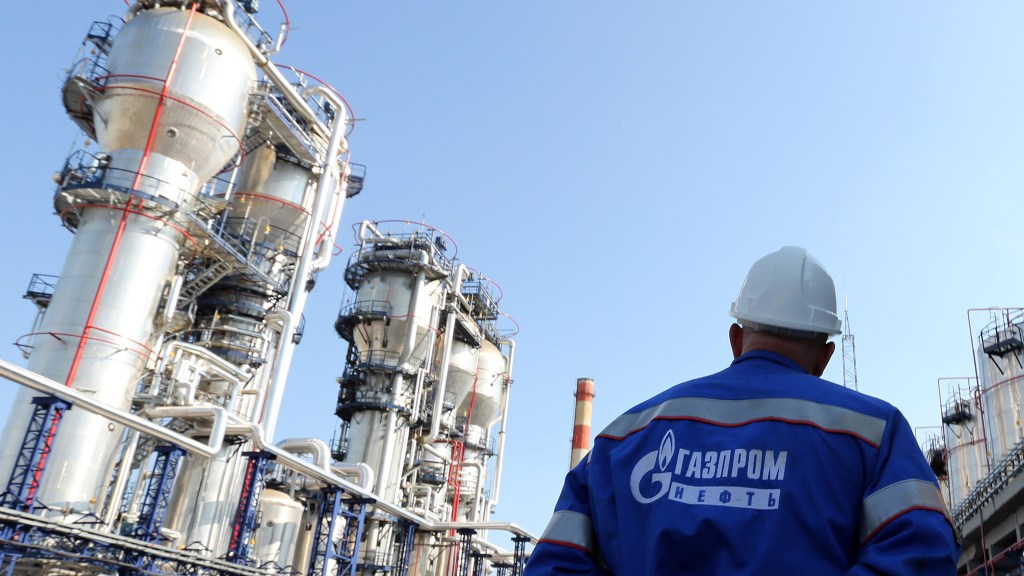Increase in Oil Prices Following Sanctions Against Russian Oil Firms
The price of oil surged above $80 per barrel for the first time since October due to newly imposed sanctions by the UK and US on major Russian oil companies Gazprom Neft and Surgutneftegaz.
This coordinated action coincided with further extensive sanctions implemented by President Biden’s administration, specifically targeting the Russian energy sector. Brent crude futures rose by $3.50, or 4.6%, reaching $80.42 per barrel just hours before the sanctions were publicly announced.
Later adjustments saw oil prices slightly decrease, with Brent crude futures increasing by $2.04, or 3.2%, settling at $79.39 per barrel as the market processed the implications of the new sanctions.
Regarding the UK’s sanctions, British Foreign Secretary David Lammy emphasized, “Oil revenues are the lifeblood of Putin’s war economy. We will not stand idly by while oil profits threaten the lives of Ukrainians, nor will we allow Russia to continue funding its aggression against our collective security.”
In addition to UK measures, the US has blacklisted 183 vessels involved in the export of Russian energy, as well as numerous oil traders, service companies, and individuals connected to the energy sector.
The US also imposed sanctions on two maritime insurance companies based in Russia, Ingosstrakh Insurance Company and AlfaStrakhovanie Group, which had already faced restrictions from the UK.
This latest wave of sanctions arrives shortly before the inauguration of Donald Trump, potentially positioning the new administration to negotiate a peaceful resolution to the ongoing conflict in Ukraine.
During his campaign, Trump asserted that he could resolve the war between Russia and Ukraine within 24 hours, though he now indicates it might take him six months to achieve a resolution.
Ukrainian President Volodymyr Zelensky welcomed the new sanctions, stating on X, “These measures deal a significant blow to the financial infrastructure supporting Russia’s military efforts by disrupting its entire supply chain.”

The White House commented that the stability of oil markets played a significant role in the decision to impose comprehensive sanctions.
Daleep Singh, Deputy National Security Adviser for International Economics, noted, “Until recently, we faced constraints from tight supplies in global energy markets, which meant reducing Russian oil exports could raise Putin’s revenues while increasing prices for consumers in the US and elsewhere.”
He added, “Oil markets are now in a fundamentally better position… it was an opportune moment for us to reevaluate our strategy, and the president acted accordingly.”
A report from the International Energy Agency in November indicated expectations of a global oil supply exceeding demand by over a million barrels per day, influenced partly by a slowdown in the Chinese economy.
Simultaneously, the agency projected that following Trump’s election, the US would likely lead in non-OPEC+ supply growth, anticipating increased output from Canada, Guyana, and Argentina as well.




Post Comment